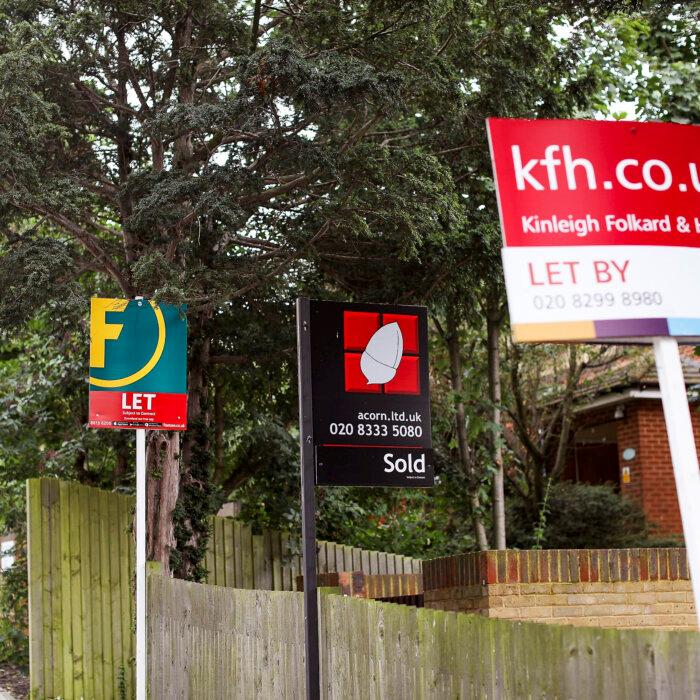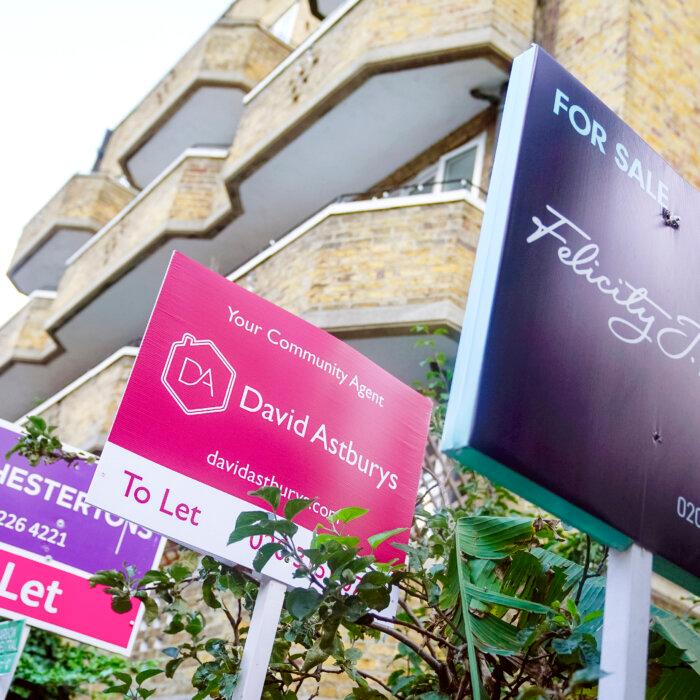Mortgage payers coming to the end of fixed-rate deals will see their payments rise in the next two years, the Bank of England has said.
The full impact of increased interest rates since 2021 will be felt across all mortgagors, as they roll off a fixed rate between June 2024 and the end of 2026.
Their mortgage repayments are projected to increase by around £180, or around 28 percent.
Around 400,000 households will see an increase in their payment of 50 percent or more.
At the same time, the share of households who are behind in paying their mortgages remains low by historical standards, the bank said.
Renters remain under pressure from the increased cost of living and higher interest rates, which currently stand at 5.25 percent, the report found. The share of renters, who have fallen behind on payments increased from 15.7 percent in the first quarter of 2023 to 16.5 percent in the first quarter of 2024.
In the year to April, private rents surged by 8.9 percent, the report found.
Economists expect the bank to lower the base rate from 5.25 to 5 percent in August. However, given the number of households that will refinance in the next two years, more families are expected to spend a high proportion of their income on a mortgage.
Hints of a summer interest rate cut could prompt more lenders to reduce the rates they offer borrowers.
This week, HSBC, NatWest, and Barclays have slashed the cost of fixed-rate home loans for new deals.
The resilience of borrowers and lenders can affect the overall financial stability. This includes cases when highly indebted households and businesses struggle to make payments and default, or cut back sharply on consumption, investment or employment.
As a whole, both household and corporate borrowers have been resilient to the impact of higher rates, the bank said.
First-Time Buyers
Meanwhile, Britons looking to buy their first home require an average household income of more than £60,000 as a household, according to property website Zoopla.The average asking price for a home in the UK is £250,000, with the price tag changing depending on the region. Buyers looking to get on the property ladder in London need to make £103,000 as a household to afford the average asking price of £425,000.
First-time buyers also have to foot higher mortgage bills that have increased by 61 percent since the last UK general election in 2019.
The search website Rightmove has found that the amount for a typical first-time buyer has risen from an average of £667 per month to £1,075 per month.
Ahead of the general election next week, the Conservatives, Labour, and the Liberal Democrats have all pledged to build at least 1.5 million new homes over the next Parliament.
All three parties also said they will ban no-fault evictions for renters and reform or end the leasehold system.
The Tories plan to introduce a new Help to Buy scheme and a mortgage guarantee scheme, with Labour manifesting similar plans.







